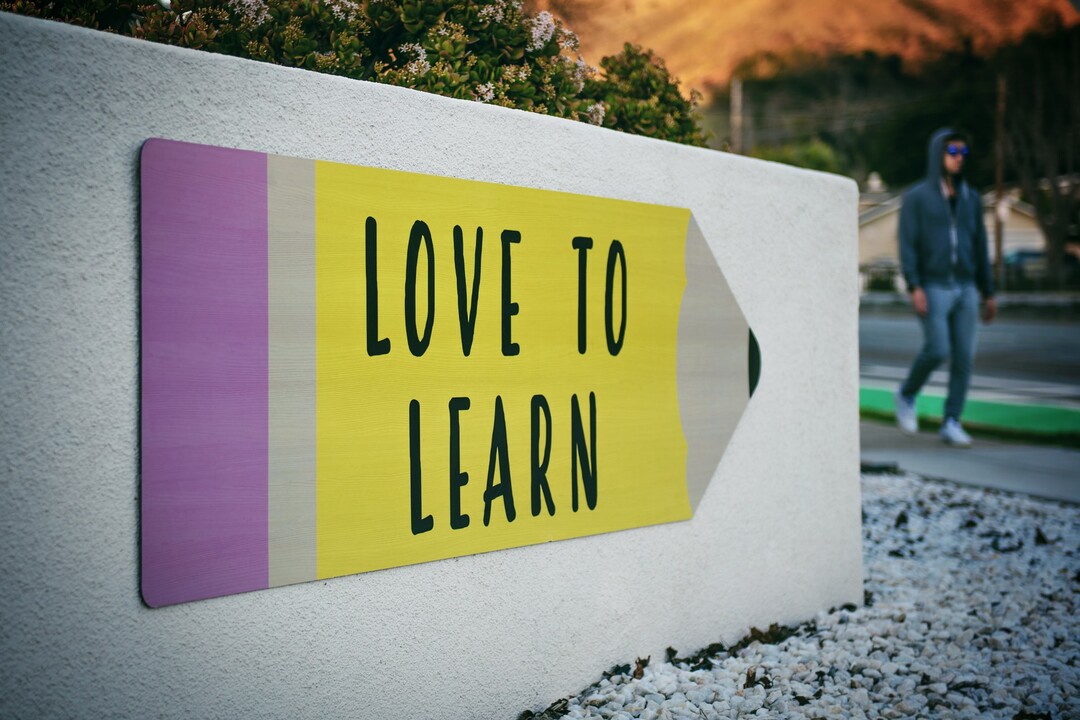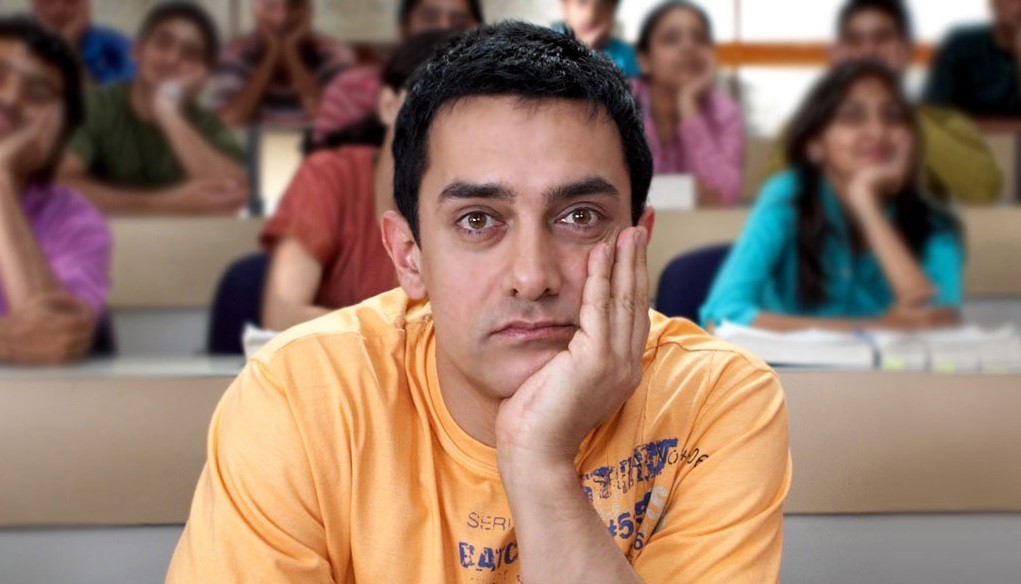Striking the Balance Between Learning, Scoring and Achieving: EMBIBE – Where Dreams Come True

“When you think about education in India and most emerging markets, sadly it’s hard not to think about test scores. You know, growing up, the benzene ring and its many moods, I just found them super-high maintenance. So, I decided to have a love affair with Physics instead. Turns out the Indian exam system didn’t agree with my choices. So, what happened was I ended up in a situation where what I enjoyed learning, I couldn’t give enough time to. And I kind of lost the plot on the stuff that I actually didn’t enjoy learning. I couldn’t bring myself to love learning everything. But everything was part of the syllabus.”
– Aditi Avasthi, Two Ideas That Will Revolutionise Education Forever, March 2017, TEDx, IIT Hyderabad
Watch the full video here – https://vimeo.com/558924871/08f1aa1ad6
This was one of the first videos of Aditi that I watched back in 2017, soon after I joined Embibe. And I could relate with what she said. I think most of us would.
A student might have a very specific area of interest, they might enjoy learning a particular subject and hate another one. But our education system doesn’t care about their choices. It doesn’t care about gaining knowledge in the true sense of the word. Whether or not a student has gained knowledge is assessed based on a three hour test conducted at the end of an academic year. Test scores in all subjects, irrespective of the student’s interest in the subjects, is considered to assess their knowledge and intellect, and in that process, what the student is really passionate about is lost.
For example, I wanted to become a writer but I loved Physics and Maths too, and I hated Chemistry. The choice was made for me – engineering. So, I had to focus on Physics, Maths (which I enjoyed anyway) and Chemistry (which I hated).
AIEEE, the national-level engineering entrance exam back in those days, was based on all three subjects and that too with equal weightage to all of them. I cracked the exam but the rank wasn’t so good. That’s all people remembered. That I scored more than 80 in both English and Hindi – a big deal in my state board back in those days, and that I had read around 1,500 books and written a novel by the time I was 18 weren’t appreciated by anyone.
Even during my engineering days, I scored really well in certain subjects but flunked royally in some others. For example, in the 5th semester, I scored 110 out of 125 in Digital Signal Processing. I loved the subject and wanted to go beyond the syllabus, explore image, audio and speech processing using MATLAB to be precise. For my final semester project, we even created a Human Computer Interaction module – Virtual Mouse Using Eye Blink, with MATLAB. On the other hand, I failed in Fundamentals of CMOS VLSI. I just couldn’t bring myself to study that subject. It was so boring.
This affected my placement. Despite being good at logic and Maths and programming, far better than many of my classmates in fact, I was not eligible to appear for many interviews. Because I had backlogs in subjects I was not at all interested in. I particularly remember the day Infosys came to our college. But that’s a different story.
Thankfully, things worked out well for me. I never liked engineering the way I like writing. No, grapes aren’t sour. I had got an engineering job at last but I quit it. I wanted to make a difference with my writing and now I am doing that.
But that so many people do have to compromise with their studies, with their learning and with their career, because of our unfair, illogical (and outdated) education system and recruitment policies is a fact. The New Education Policy is trying to address this issue but it will take time.
Aditi’s TEDx talk reminded me of my experience with the system.
Among other things, Embibe aims to solve this particular problem – a problem that has been overlooked for a really long time and because of which many students have paid the price. Embibe actually aims to ‘balance the love of learning what you really want to learn and at the same time not lose the plot on the stuff you don’t want to see for dinner’, as stated by Aditi.
In a system where grade-based learning over many years eventually translates into a three-hour exam that determines your access to college and eventually your career, it is extremely important to create tools that can balance learning with scoring, balance knowledge acquisition with becoming an achiever in life. And Embibe does exactly that.
For example, Embibe provides gradeless and curriculum agnostic access to content. Any student, irrespective of their grade and goal, can access all content on Embibe. Not many EdTechs have this feature. We do. Because:
A. Learning is connected. What you learn in Class 6, for example, can impact your performance in, let’s say, CAT, a management entrance test. Our Knowledge Graph, with more than 79,000 nodes, each representing a concept and more than 1,000,000 interconnections to show the relationships between the concepts, shows this flow of learning.
And (this second point is related to the problem in hand)
B. A student might be passionate about learning something that’s not there in their curriculum. The student’s love of learning needs to be addressed to. And hence, the student must have access to all learning materials. The scoring aspect is catered to by our smart personalisation engine, driven by data and AI, which, among other things, can help a student focus on the most important, relevant and scoring aspects of a subject that they probably do not like but have to study to ace an exam.
For example, Anjali wants to become an engineer. So, to prepare for her engineering entrance exam, she has to study Physics, Chemistry and Maths. But she really doesn’t enjoy studying Chemistry. She loves Biology though. She really wants to have a deep understanding of various biological processes.
She can sign up on Embibe to prepare for engineering entrance exams based on the syllabus of Physics, Chemistry and Maths. At the same time, she can study Biology, watch all the 3D videos, practice questions and take tests for the subject, even though she doesn’t intend to appear for any Biology-based exams. She is just passionately curious about everything to do with Biology. And with the myriad of content that we have – spoofs, do it yourself videos, experiments, etc., she can really go beyond the syllabus and truly enhance her knowledge in the subject. She can even dive deep into this subject with our virtual lab experiments and simulations.
For Chemistry, she can just allocate a minimum amount of time every day, set a target and our personalisation engine will create a personalised plan catered to her specific needs for the subject.
For Physics and Maths, she can create separate plans, set a higher target and our algorithm will generate an exhaustive plan personalised to her goal.
This way, she doesn’t have to compromise with learning or scoring. Isn’t that amazing? As we add more content, more exams and cover more fields of study, more subjects, our platform will be able to solve the learning-scoring dilemma of learners of any stage.
Well, this was about how Embibe, as a product, solves this problem for others. But how do we solve this problem in our organisation? How is Embibe as a workplace for those who specialise in something but are absolutely passionate about something else? Maybe they didn’t get the opportunity to realise their dream of doing this ‘something else’. Maybe they just discovered their passion for it now. Or maybe they just want to get out of their comfort zone and do something different.
Recently, a fellow Embiber, Pratibha Tripathi, who did her masters in Botany and worked at Embibe as an Academic Lead for Life Sciences, was promoted to Associate Software Development Engineer (Python). Because she was interested in it and she went above and beyond to develop the necessary skills. Embibe encouraged her and gave her the opportunity to pursue her dream. After all, we dream of creating a ‘no regrets life’ for everyone.
There are many such examples at Embibe, where we let people do what they have been passionate about doing even though they do not have the traditional ‘eligibility criteria’ or experience. Creating a balance between learning, scoring and most importantly, achieving needs more than just developing a tool. It also requires a change of attitude and an uncontrollable urge to challenge the status quo. It requires the rebels to walk the talk. And that’s exactly what Embibe is doing.
(This article was first published on LinkedIn.)




